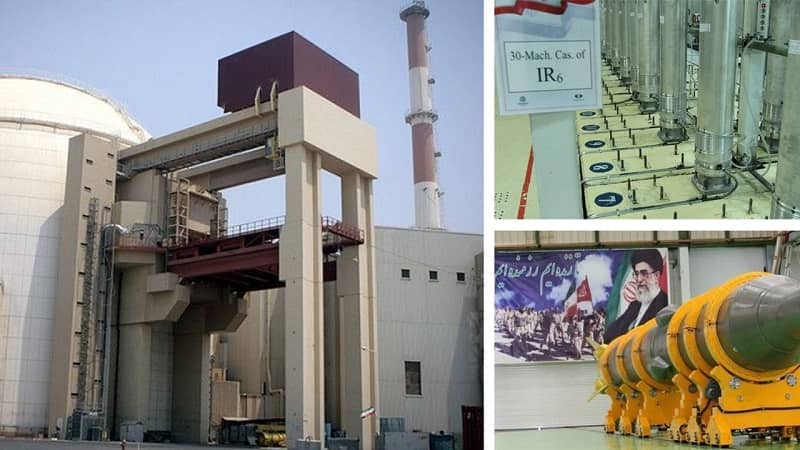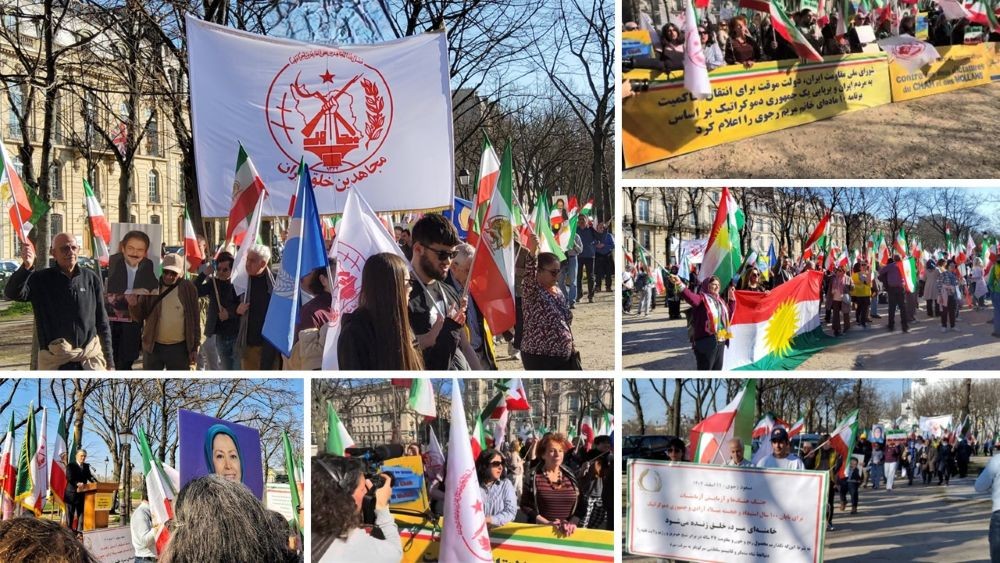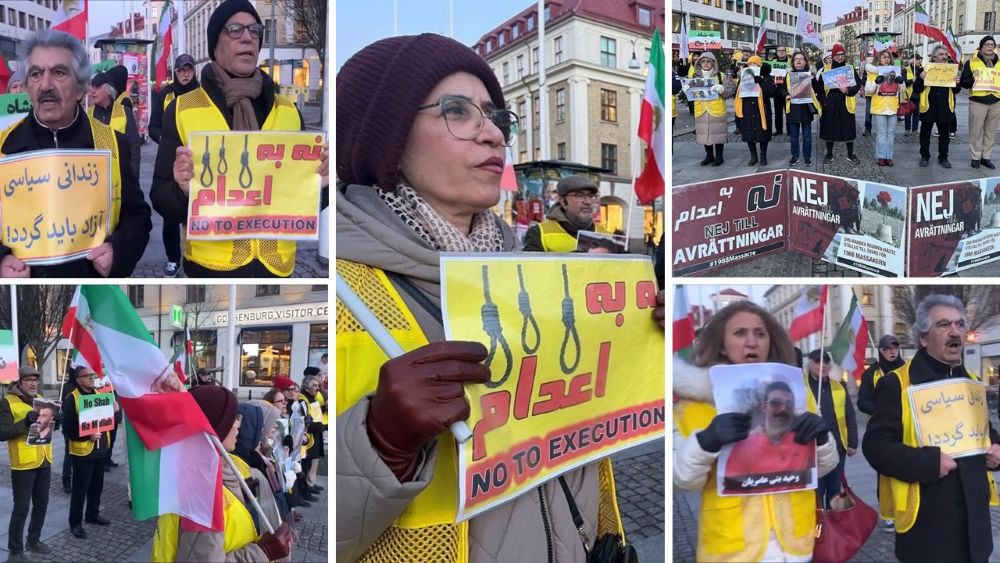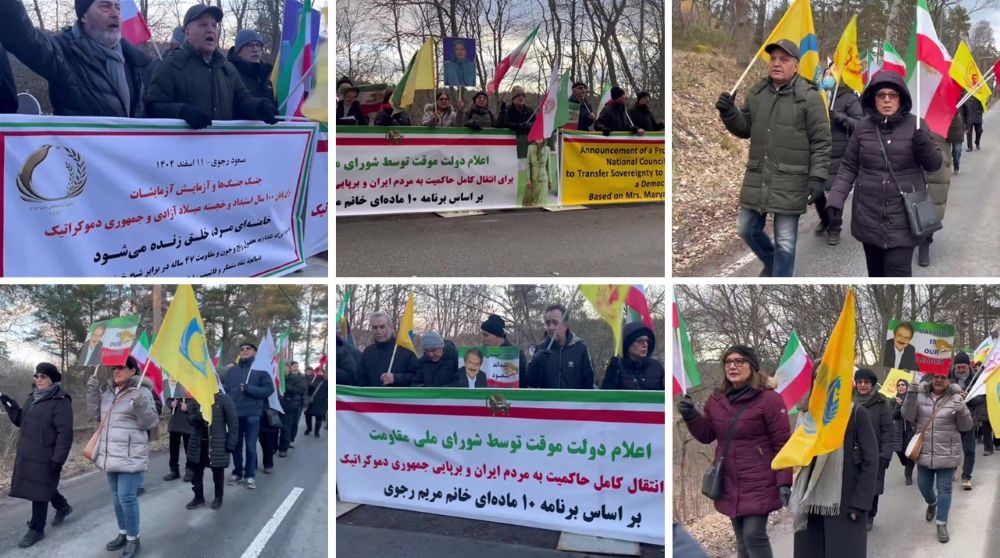
On February 3, in an article published by the American newspaper, the Wall Street Journal, senior officials of the Biden administration were quoted, claiming that regardless of whether any deals are made with the Iranian regime, the mullahs’ will still be capable to produce a nuclear warhead within the next year.
The National Council of Resistance of Iran (NCRI) said, “For almost the entire life span of the new century, the Iranian nuclear dossier has been one of the most serious foreign policy challenges of the Northern Hemisphere and governments. No matter their political leanings, governments have had a tough time figuring out how to prevent a new nuclear-armed rough state like Iran.”
The approach that Western powers have used, thus far, has been somewhat erratic, given the key phrases of ‘critical dialogue’, ‘positive engagement’, and ‘constructive dialogue’. The policy favoured by the former U.S. administration was ‘maximum pressure’, but to no avail. Regardless of the approaches made, the regime has continued its reign of terror with maximum extortion from the international community.
The West’s behavior towards the regime has been questionable. They offered the regime security guarantees, turned a blind eye to the brutal human rights violations in Iran, and at the behest of the regime, blacklisted the regime’s opposition group, the People’s Mojahedin Organization of Iran (PMOI/MEK), and even attempted to dismantle them.
Since the Iranian regime came to power in the late 1970s, until the start of the 21st century, they have been the most active sponsor of global terrorism. The West were fully aware of this, but continued to fund the regime’s policy of taking hostages as they were quick to pay any ransoms put to them, and release terrorists that they had captured.
The NCRI said, “It took 9/11 and two major wars for the United States to wake up to the newest global threat, something the Iranian Resistance had been warning about as early as 1993.”
Consistently turning a blind eye to the regime’s malign activities meant that intelligence agencies in the West were unable to detect the regime’s nuclear program until the NCRI exposed the location of the Natanz and Arak sites in August 2002 that the regime were using to expand their program.
This is not the only revelations made by the NCRI. Since then, they have exposed further nuclear sites, information of the regime’s malign activities abroad, and the people behind these activities. Thanks to the NCRI and the information they managed to disclose, Western powers began handing out sanctions to the regime, and many of its officials, and awakened the International Atomic Energy Agency to take notice of the situation. However, the cost of gathering and reporting the information that was uncovered was high for the members of the NCRI in Iran.
The NCRI’s network across Iran managed to surpass the expertise of both domestic and international intelligence agencies by bringing this information to light, but despite its efforts, the work did little to convince world leaders to change course in dealing with the regime.
The NCRI said, “The clerical regime has never been a legitimate one in the eyes of the Iranian people. Yet, it has managed to survive major nationwide uprisings and other interwoven crises, owing to the Western powers feckless and misguided policies. We are not talking about a policy of appeasement, rather a strategy of weakness.”
For four decades, the regime has been extorting neighboring countries and the West, playing them in negotiations regarding their behavior, but never actually fixing the problems addressed. They do not need nuclear warheads to threaten foreign powers any further, and neither will obtaining them help solve the current socio-economic crises in Iran. The regime is simply relying on the international community’s strategy of weakness to keep themselves alive, and no amount of concessions given by the West, will encourage them to change their behavior.
The NCRI said, “As the Iranian people and their Resistance are taking the fate of their nation into their own hands, it would serve the West better to recognize this reality and adapt to the inevitable change.”



